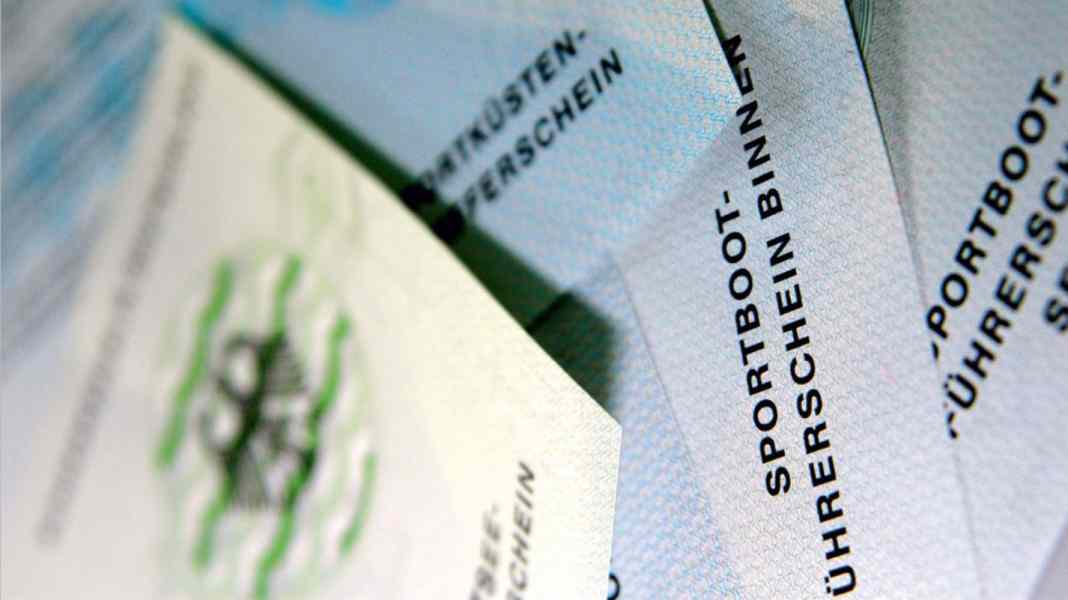
In a detailed Press release of the association it says:
"Until now, driving licence examinations have been conducted by state-approved associations that are subject to clear official supervision. This ensures a high degree of reliability and quality. However, the new draft provides for this responsibility to be transferred to so-called recognised associations - without state endorsement and without clear control mechanisms. This shifts a sovereign task to private organisations whose auditing standards are only to be based on voluntary self-commitment."
The state is thus withdrawing from its responsibility. "A step that is unprecedented in German transport policy," says DSV Secretary General Germar Brockmeyer. If tests are no longer carried out solely in accordance with binding official requirements, but also according to market economy considerations, there is a risk of price dumping and a massive loss of test quality. The loss of quality in the examination system would jeopardise safety on the water and thus the basis of responsible water sports in Germany.
We cannot understand this step, because even the Federal Audit Office expressly described the system of lending as suitable and only recommended improvements in technical supervision," Brockmeyer continued.
According to the DSV, the planned regulations create new hurdles for citizens instead of simplifying the processes. Furthermore, the draft creates additional uncertainties for citizens. The current official recreational boating licence, which is recognised nationally and internationally, would be replaced by private association licences, the recognition of which would be limited in time and revocable at any time. No-one would then be able to rely on their licence remaining valid in the future. Instead of clarity and reliability, there is a risk of confusion and loss of trust.
Together with the German Olympic Sports Confederation (DOSB), the DSV is calling for the existing system of state mortgaging not to be abolished, but rather for it to be put out to tender, specifically modified, digitalised and simplified with the aim of reducing the burden on citizens.
